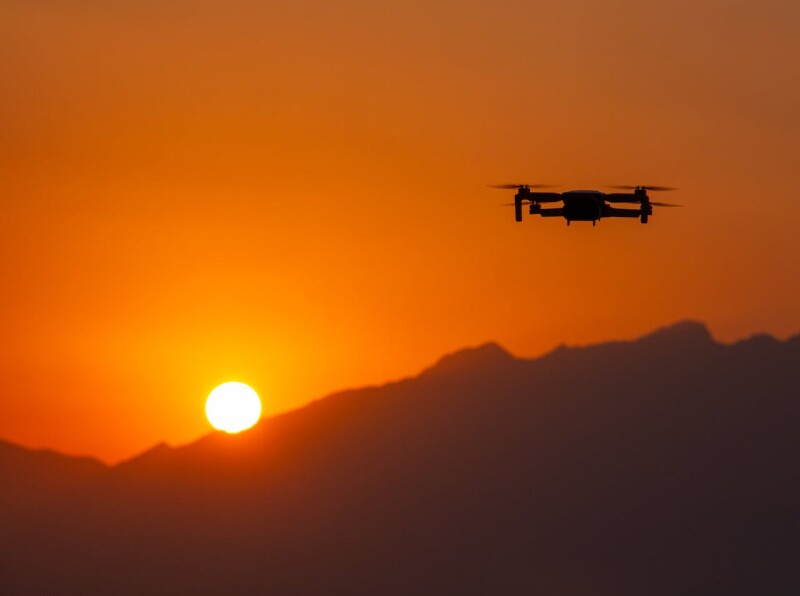This week’s “Around the Commercial Drone Industry” news round-up looks at US Commerce Department action around drones made by foreign adversaries, the end of the Walmart-DroneUp partnership, and the use of UAVs to monitor whales near Hawaii.
US Commerce Department Considers Chinese Drone Ban
According to Aviation Week, the US Commerce Department “is considering imposing a rule that could restrict or ban drones made in China due to the national security risks they pose.” In a statement released on January 2, the Commerce Department’s Bureau of Industry & Security (BIS) said “that foreign adversary involvement in uncrewed aircraft systems supply chains “including acute threats from the People’s Republic of China and Russia may offer our adversaries the ability to remotely access and manipulate these devices, exposing sensitive U.S. data.” The New York Times reported that the Commerce Department statement asks “private companies to comment on the scope and implications of the rule by March 4.” Ultimately, any rules restricting Chinese or Russia UAVs will be decided by the incoming Trump administration.
Walmart No Longer an Investor in DroneUp
An Axios article reported that Walmart is no longer an investor in drone delivery leader DroneUp. Axios said that Walmart invested in DroneUp in 2021 “after running trials with the company on Covid test kit deliveries.” The following year, the companies began large-scale drone delivery operations. This past August, however, “DroneUp shut down Walmart delivery operations in most markets except Dallas.” Axios reports that a “DroneUp spokesman said the company remains in business with ongoing staff,” and that Walmart vowed to continue drone delivery operations with other partners.
UAVs Help with Humpback Whale Research
Efforts to monitor the “health of nursing humpback whale mothers and their calves during their migration across the Pacific Ocean” have been aided by uncrewed technology. As Dronelife reported, researchers at the University of Hawaiʻi at Mānoa’s Hawaiʻi Institute of Marine Biology used “drone-mounted cameras to measure calf growth and maternal body conditions shortly after birth in Hawaiʻi.” The researchers then “compared with measurements taken at Southeast Alaskan feeding grounds, which included pregnant and lactating females as well as those with unknown reproductive statuses.” As Dronelife noted, “This study highlights the potential of drone technology to enhance marine research, offering valuable insights into the challenges faced by humpback whales amid changing ocean conditions.”















Comments